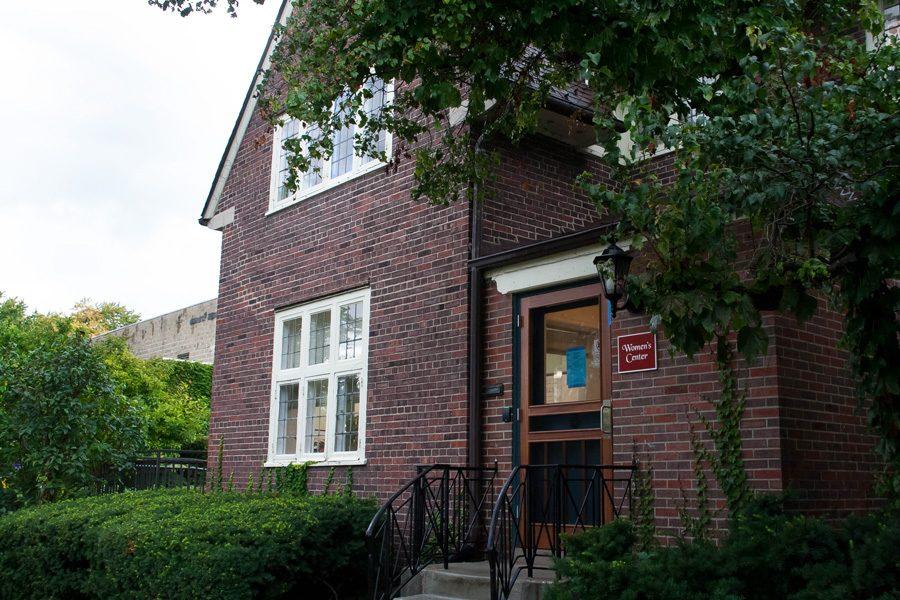Women’s Center eliminates long-term counseling, shifts service to CAPS
Katie Pach/The Daily Northwestern
The Women’s Center, 2000 Sheridan Rd., will no longer offer long-term counseling services. The services will shift to the University’s primary mental health center.
September 28, 2016
Long-term counseling through the Women’s Center will no longer be available to Northwestern students, the provost’s office said in an email Tuesday.
The changes include integration of the center’s counseling with the University’s central mental health service and a formal search for a new director, Provost Dan Linzer and Jabbar Bennett, associate provost for diversity and inclusion, said in the email. An administrative office undertook an evaluation process last spring and spoke to students, faculty and staff before implementing changes to the Women’s Center, the email said.
Alecia Wartowski, interim director of the center, said the elimination of long-term counseling is permanent but declined to comment further.
The integration of the center’s services with CAPS drew criticism from some students on Wednesday.
Medill junior Isabel Schwartz, who started a “wellness chair” program last year to promote mental health within student groups, said she understands the administration’s desire to streamline treatment. However, despite hiring more counselors and removing the 12-session limit, CAPS is still a short-term solution, she said.
It’s important to have a space for just women to receive counseling, Schwartz said.
“Any time students hear that their choices for mental health resources are diminishing, that can create a lot of concern,” she said. “From what I’ve heard, the Women’s Center was a very holistically nurturing environment to be treated. … CAPS doesn’t have that same kind of association on campus.”
Linzer and Bennett could not be reached for comment, and CAPS staff did not comment by the time of publication.
Weinberg senior Elena Dansky, director of NU Listens — a phone listening service for NU students — described the Women’s Center as a “wonderful resource that’s safely trying to combat rape culture and be a safe space for women.” With increased demand, CAPS may not be able to respond quickly enough to students’ needs, Dansky said.
“There’s going to be more people going to CAPS, so that’s going to make it slower,” she said. “It needs to be somewhat specific care, and at times it needs to be expedited.”
Linzer and Bennett wrote that changes to the Women’s Center, located at 2000 Sheridan Rd., will be fully integrated by Winter Quarter.
“CAPS will provide access to a wide array of mental health services and other support, including, but not limited to, psychiatric care and crisis intervention, which were not immediately available in the Women’s Center,” they wrote.
Email: yvonnekim2019@u.northwestern.edu
Twitter: @yvonneekimm



